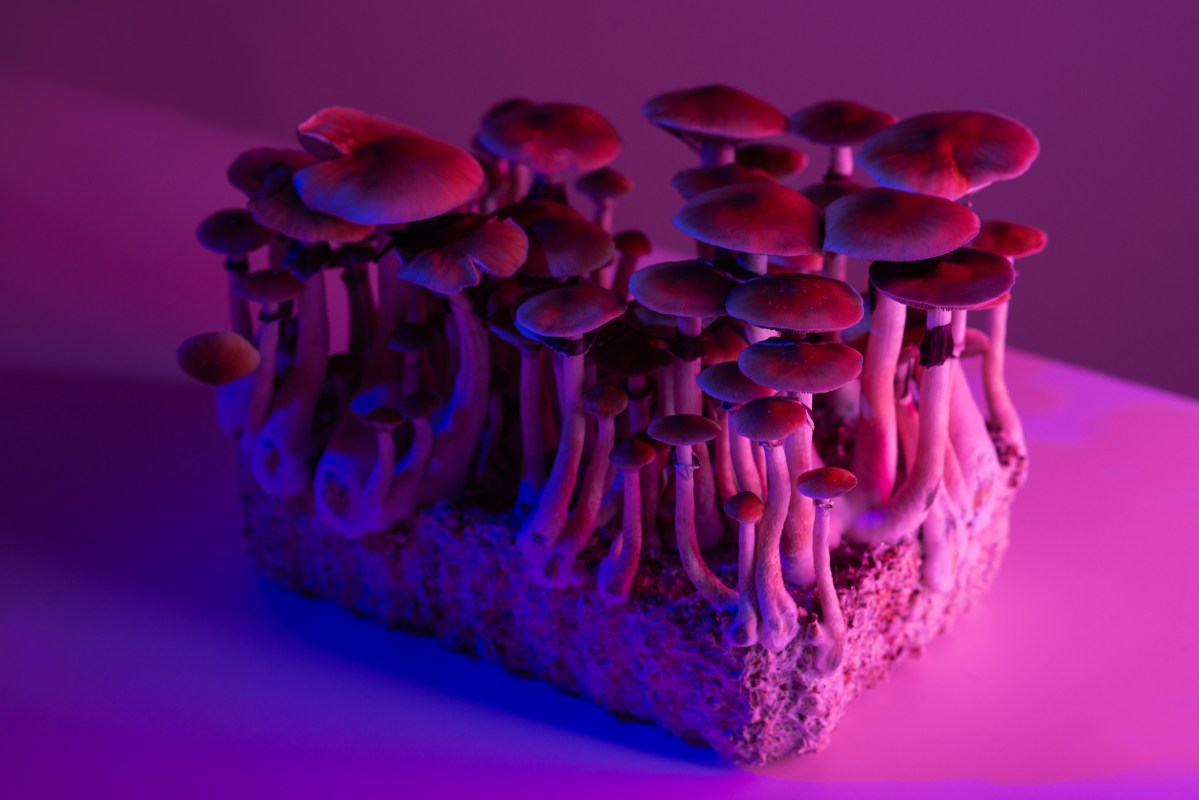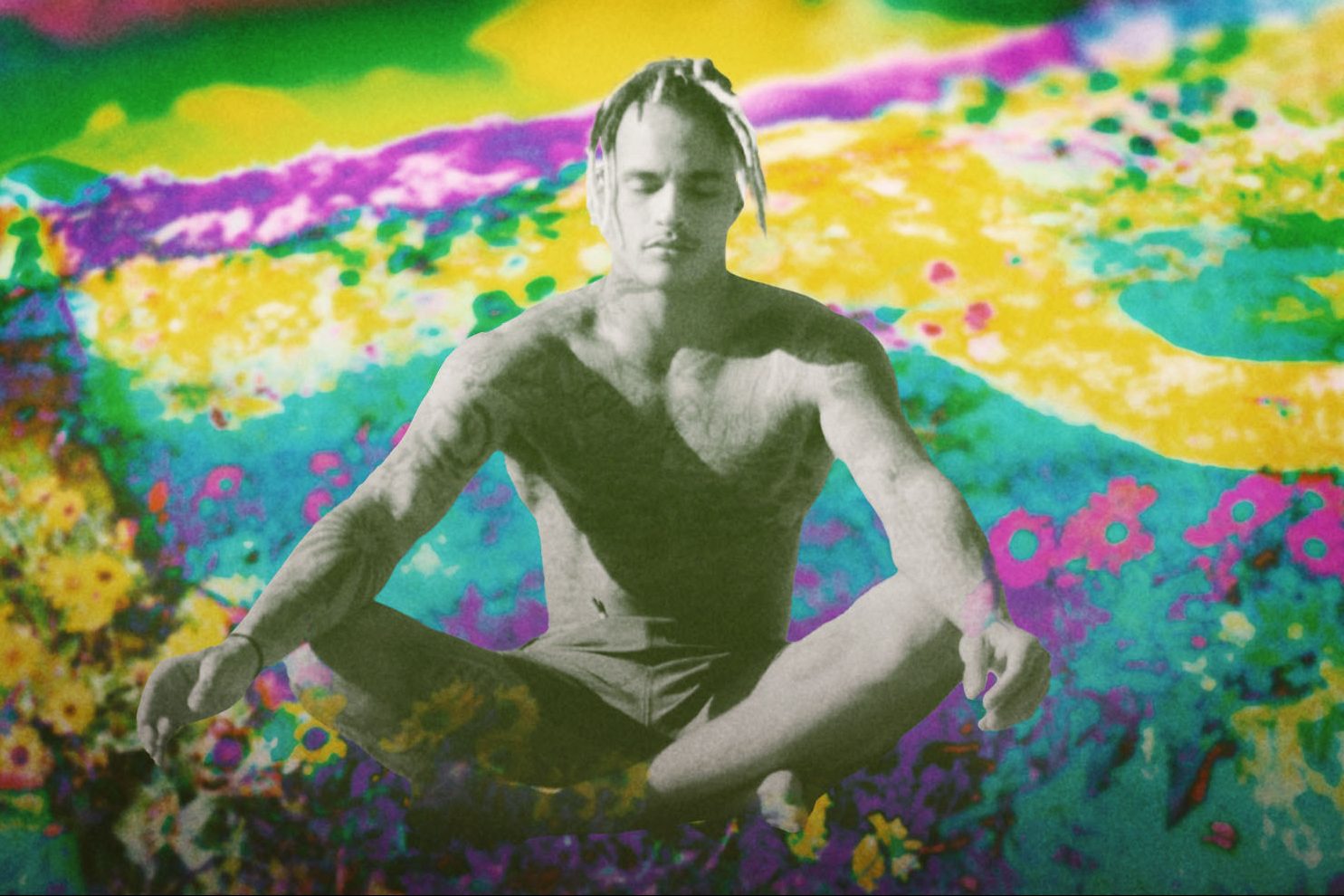We’re living through something of a boom time for psychedelics, at least in terms of interest. There’s been an increasingly positive response to the idea of psychedelics being used for therapeutic purposes, which has led to politicians with very different ideologies coming together on the issue.
But as the concept of legalized psychedelics comes closer to reality, a big question looms over the proceedings — namely, what might that legalization look like? An article by Nancy Jo Sales at Air Mail uses an event hosted by the nonprofit Aurora Institute — featuring a number of high-profile attendees, including Queen Latifah, Cameron Winklevoss and Robbie Williams — to explore the issues at hand.
One of the nonprofit’s founders is Christian Angermayer, whose business interests include Atai Life Sciences, a company exploring using psychedelics to treat mental-health issues. As Sales points out, there are dozens of companies maneuvering in the market for psychedelics. But there’s a problem before any of this proceeds: legalization.
Sales quotes Compass Pathways co-founder George Goldsmith who says a goal of the movement involves making “psilocybin therapy like chemotherapy,” which certainly sounds appealing from a regulatory standpoint. But it also seems like one of the more appealing aspects of psychedelics is their relatively democratic appeal — in other words, that there’s less of a barrier between a person and a transcendental experience.
As this dispatch demonstrates, there’s something of a gulf between the appeal of psychedelics from an emotional perspective and from a business perspective. Whether that can be reconciled is an open question.
Whether you’re looking to get into shape, or just get out of a funk, The Charge has got you covered. Sign up for our new wellness newsletter today.

















